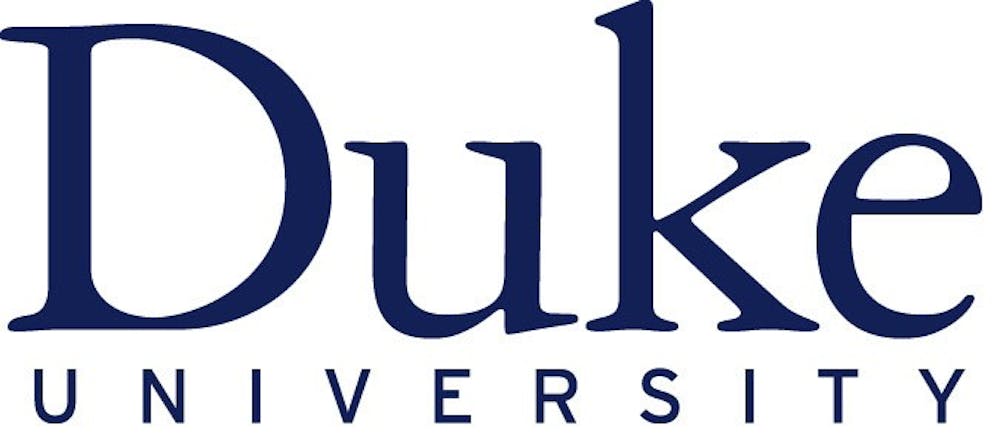Duke University’s new program aims to bring more underrepresented minorities into the school’s graduate-level STEM field programs.
The University Center of Exemplary Mentoring (UCEM) program is funded by a $1 million grant from the Alfred P. Sloan Foundation.
The program will grant 10 scholarships to graduate students in the fields of science, technology, engineering and math who come from underrepresented minority groups. This makes Duke the ninth university with a Sloan-funded UCEM.
Paula McClain, the program’s co-director, said she hopes the center will create a more diverse demographic of Ph.D. students.
“This is important because the proportions of successful Ph.D. graduates from underrepresented groups in our programs should reflect the country’s demographics,” McClain said. “We have made progress in that area, but we are not there yet.”
The UCEM program is more involved than solely the scholarship. It is based around a six-pillar system: admissions and recruitment, academic support, mentoring, professional development, financial support and student well-being.
“These pillars are the foundations of how we develop the program and how we carry it out,” said Jacqueline Looney, Duke's senior associate dean for graduate programs and associate vice provost for academic diversity.
Looney’s role is to support the administrative arm of the initiative, meaning she will be working primarily with the deans and faculty involved in the program.
“The main goal is to increase the number of underrepresented minority students in mainly the physical sciences and engineering departments at Duke,” Looney said.




